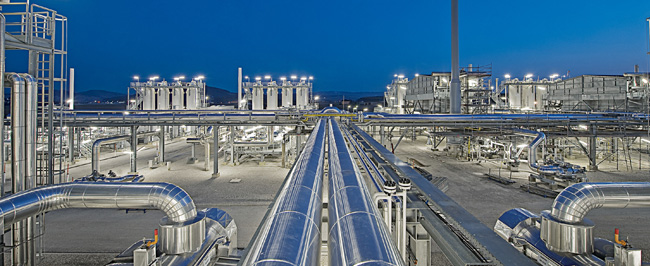by Pierre Noel* It is hard to think of an antitrust case as geopolitically charged as the one announced in Brussels last week against Gazprom
The exception is northwest Europe, where an integrated market has indeed emerged. This success owes a lot to the existence of facilities for receiving liquefied natural gas in several countries, and a large pipeline between Britain and Belgium, which was built and operated outside EU regulations. The result: when LNG prices plummeted relative to Russian gas from 2008 onwards, Gazprom came under pressure to adapt its pricing model in northwest Europe and eventually yielded.
The main reason this never happened in central and eastern Europe has little to do with Gazprom’s business practices and a lot to do with European rules — which make long-distance trading all but impossible, obscure market signals about the infrastructure that is needed, and make it hard to finance cross-border pipelines. If it had to decide today, it is unlikely that the European Commission would allow Britain’s pipeline to Europe to be built. Yet it has not put in place a workable alternative model.
Gazprom benefits from poor market structures that generate only weak competition in the gas markets of eastern Europe. But its pricing policies primarily reflect Europe’s dysfunctional gas market. When Poland signed a long-term contract to buy LNG from Qatar, it accepted a pricing formula that is among the most expensive in the world even though companies in the UK buy the same stuff for much less. So far, Brussels has said nothing to indicate that it considers the Qataris culpable of any breach of competition law, or that they are proposing a game of divide and rule.
The main reason Gazprom’s pricing power is not checked by competition in central and eastern Europe is not that it cheats, but that Europe’s gas policy has not worked. The commission seems to think that, since it has declared that a common market exists, companies are obliged to behave as if it did. This is fanciful. Brussels should not blame Gazprom for its own policy failures.
* Senior Fellow for economic and energy security at the International Institute for Strategic Studies in Singapore
(Financial Times)




